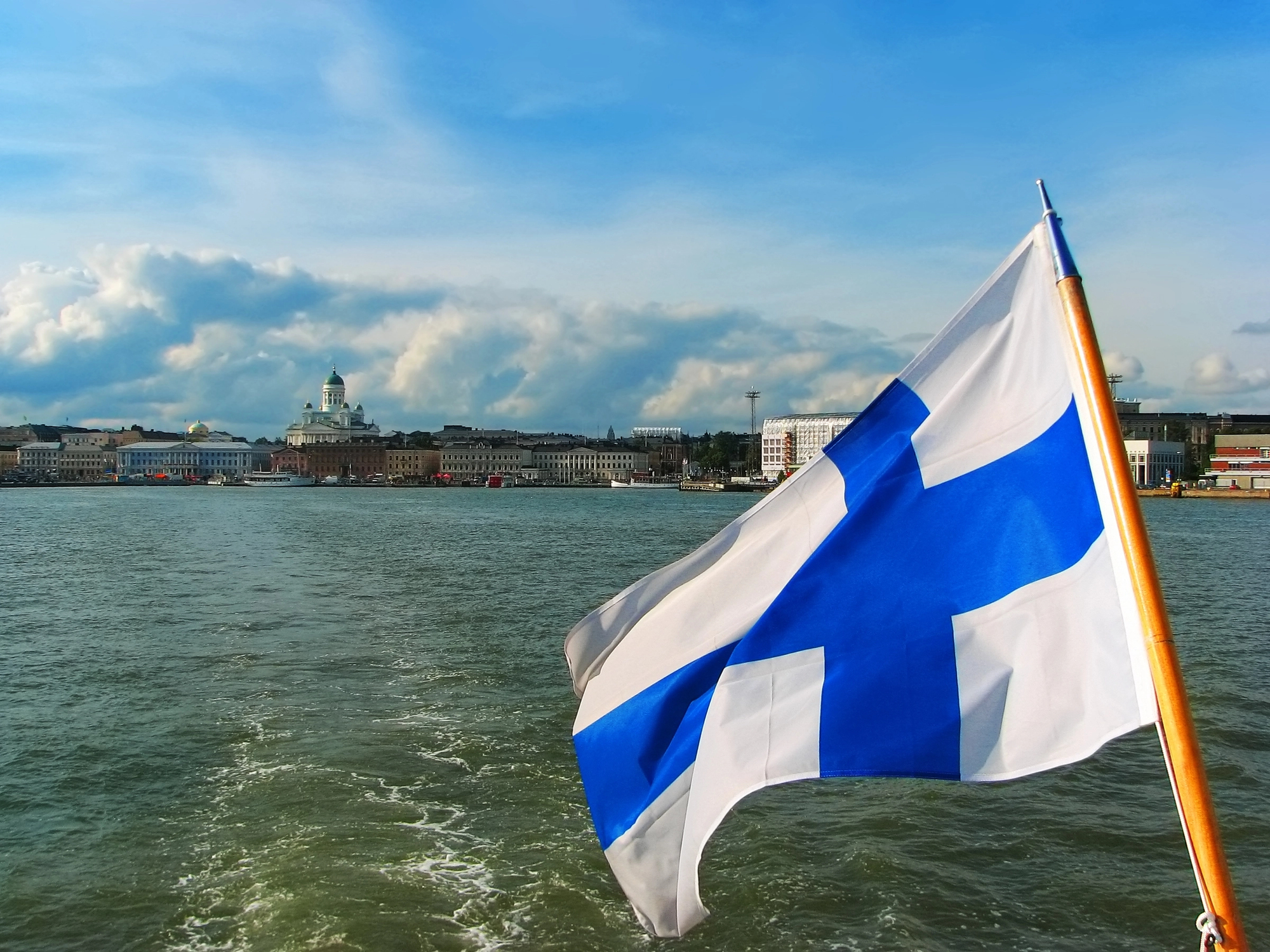
Cost-effective energy, climate-friendly operating environment, high-quality and fast data connections – 5 clear reasons why Finland is a good environment and country for data centers
Data centers are being rapidly established in Europe to meet the ever-increasing demand for data, including the rise of artificial intelligence. Location scouts are now working actively, and there are not many locations in Europe as good as Finland, where cost-effective energy, existing space and plots, natural cooling and high-quality, high-speed telecommunications provide equally ideal conditions for launch services.
There are currently more than 50 data centers in Finland, and the number is growing all the time. FDCA—The Finnish Data Center Association last year estimated that around 2GW of new data center capacity will be started in Finland in the near future. It is also important to remember that existing capacity can be utilized, making Finland an attractive market in this regard as well.
At Digita, we listed five good reasons to consider Finland as a good location and operating country for data centers.

1. Cooler climate brings up to 50% cost savings
Finland has a diverse climate, with four seasons well represented. However, for most of the year, Finland’s weather is cool by global and European standards. According to statistics from the Finnish Meteorological Institute, the average temperature for the whole country in 2024 was around 4.0 degrees Celsius. This means that up to a quarter of the year data centers are cooled by nature, bringing significant cost savings. Finnish data centers take advantage of the cold climate, which reduces cooling costs by up to 50%.
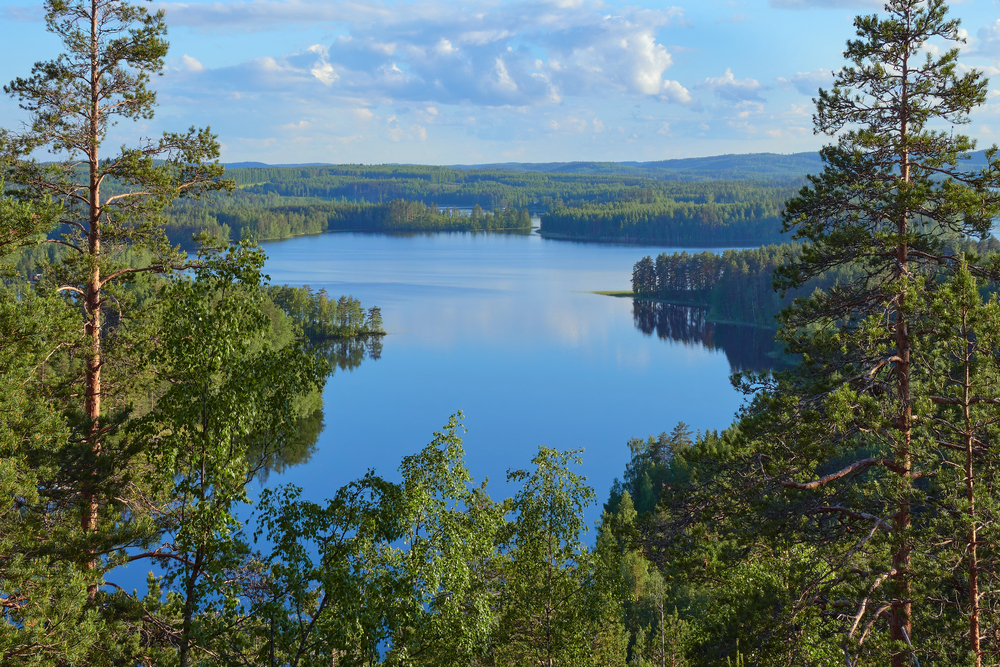
2. No fear of major natural disasters
Climate change is intensifying weather phenomena around the world and increasing the risk of natural disasters in Finland. However, Finland’s climate is relatively stable and predictable. In practice, there are no giant floods in Finland, nor are there really serious storms that would, for example, take down the electricity grid completely. Seismologically, Finland and Sweden are stable countries. Earthquakes do not threaten the sensitive systems of data centers. So data centers have a safe environment to operate in.
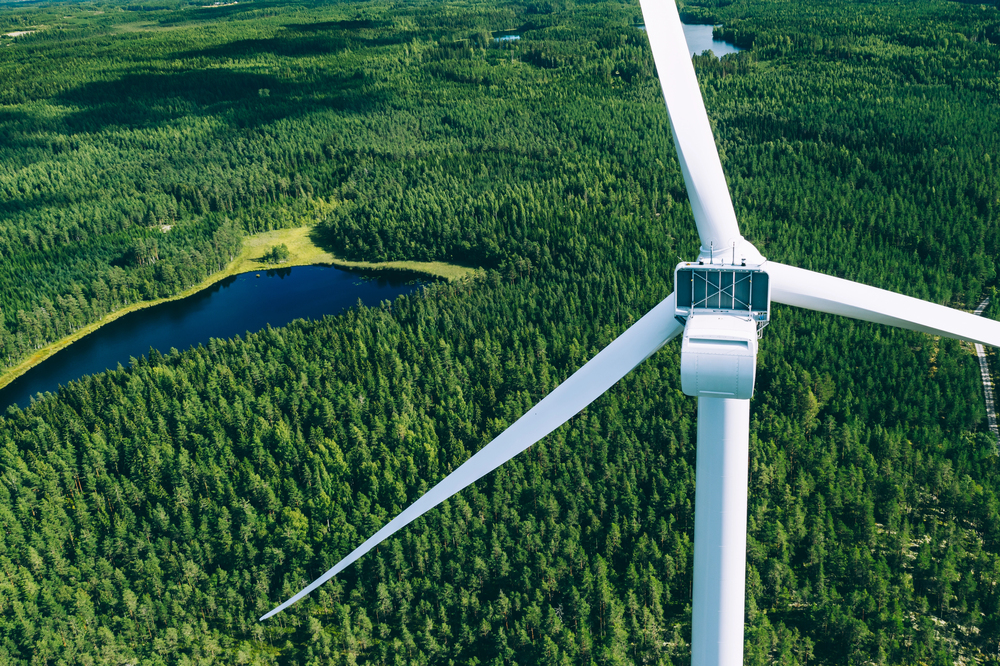
3. Low-cost, reliable, and green electricity
Energy price and availability, the grid coverage and quality, and taxation of electricity are all factors where Finland stands out. Electricity is affordable by European standards and its availability is secure. For example, in Finland, the average electricity price for households in 2022 was around 0.1934/kWh, while average prices in countries such as Germany, Italy and Spain were above €0.30/kWh.
It is also noteworthy that the electricity grid in Finland is considered part of the infrastructure critical to the security of supply, and our security of electricity supply is among the best in the world. The security of electricity transmission in Finland was 99.99993% in 2022 (Fingrid). Grid maintenance and investments are ongoing and significant.
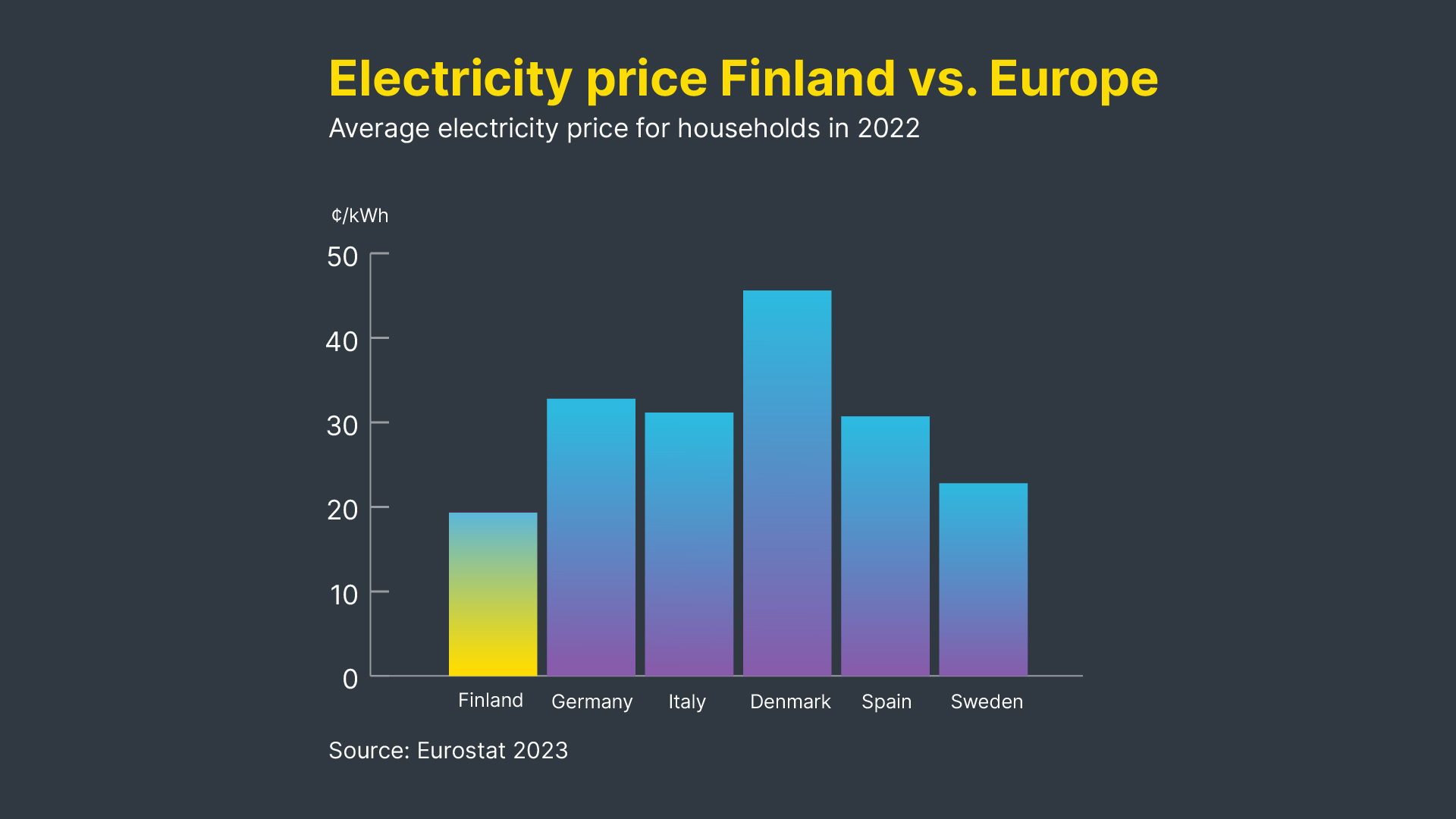
In addition, Finland is currently investing heavily in environmentally friendly electricity by producing green electricity by burning waste and increasing hydro and wind power capacity, to name a few examples. More than 75% of the electricity used by data centers in Finland comes from renewable energy sources. Electricity is produced in a CO2-free way using hydro, wind, solar and nuclear power, among other sources.
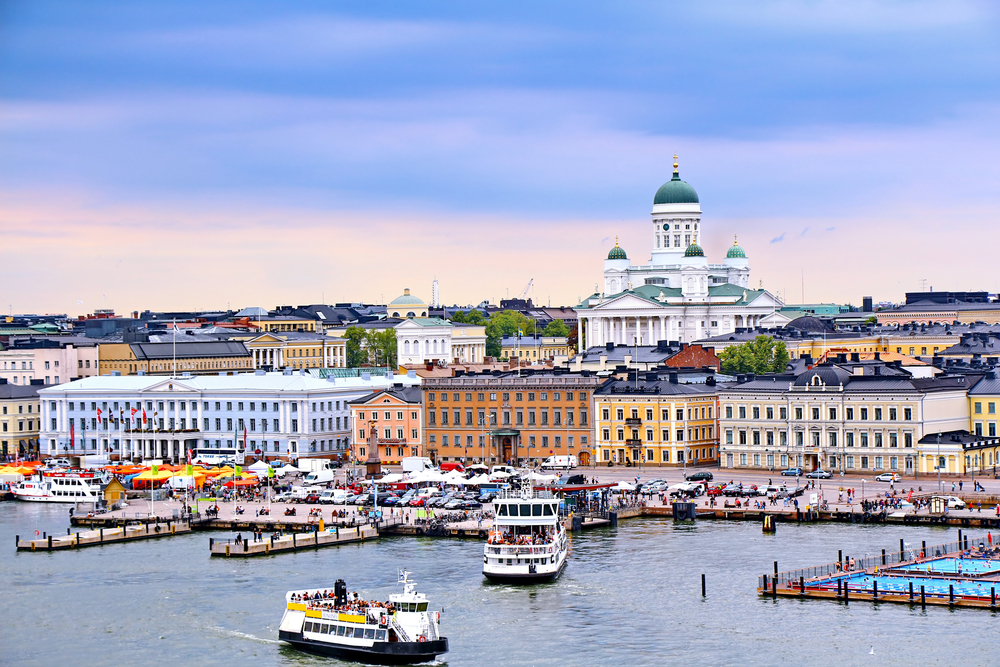
4. A stable and innovative society
Finnish society is stable and peaceful, providing a safe place for data center investments without significant political turmoil. For example, in 2024, more than €1.5 billion will be invested in new data centers in Finland. Finns are also known for their digital innovations and, for example, the heat generated in data centers can now be returned to energy companies to benefit the rest of society. Finland’s high level of education guarantees skilled workers.
In Finland, the state and municipalities welcome new data centers. This can be seen, for example, in the planning and permit processes, which run smoothly compared to many other competitor countries.
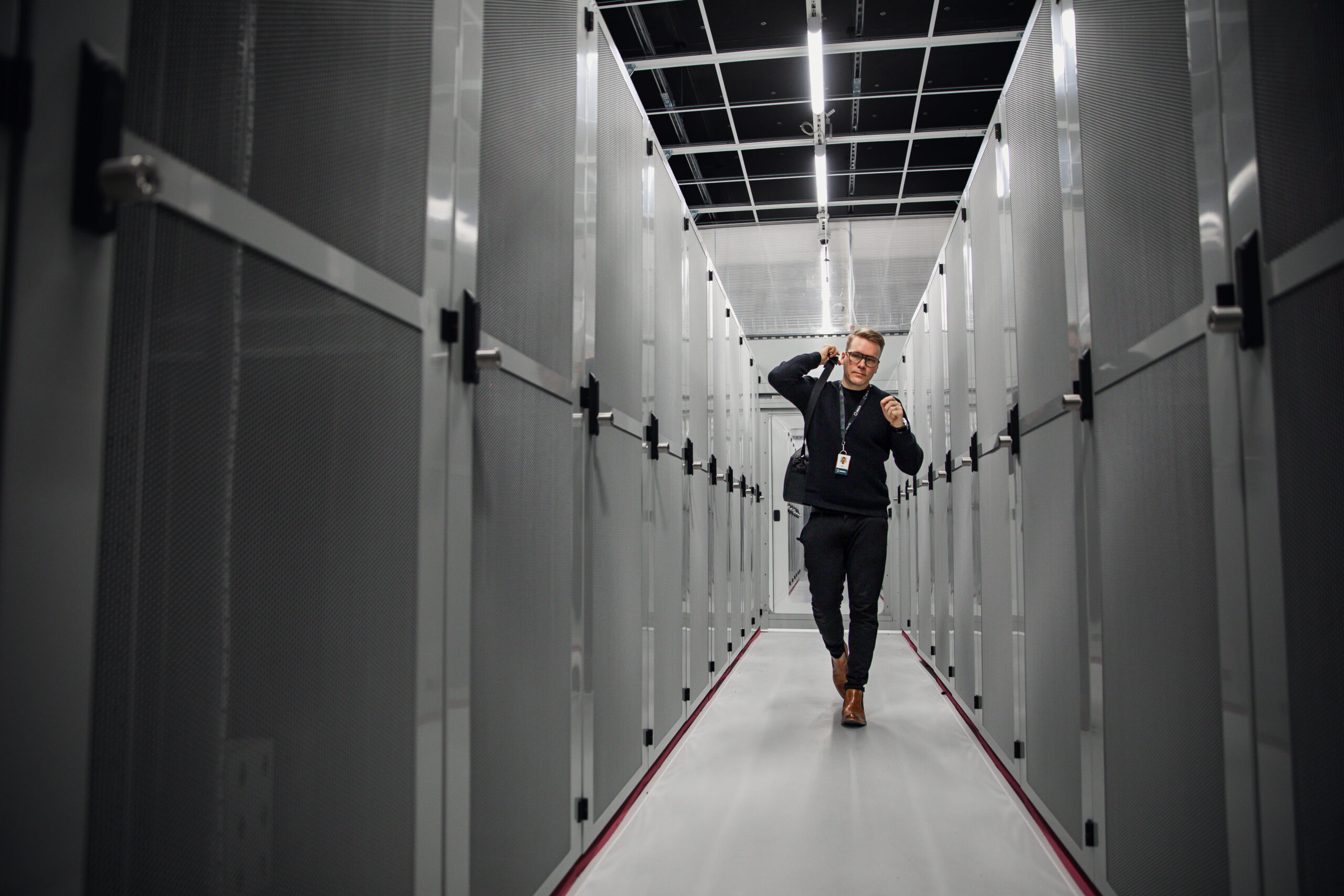
5. Excellent communication brings certainty
Excellence in telecommunication enables local services such as local cloud services. Connections to data center capacity enable the best business and development environments, where data is also locally manageable and secure. This will also ensure security of supply.
A stable environment also includes a well-functioning infrastructure. Finland and Sweden are well connected both within the country and to other countries. From here, you have excellent connections to Europe’s main telecommunications hubs.